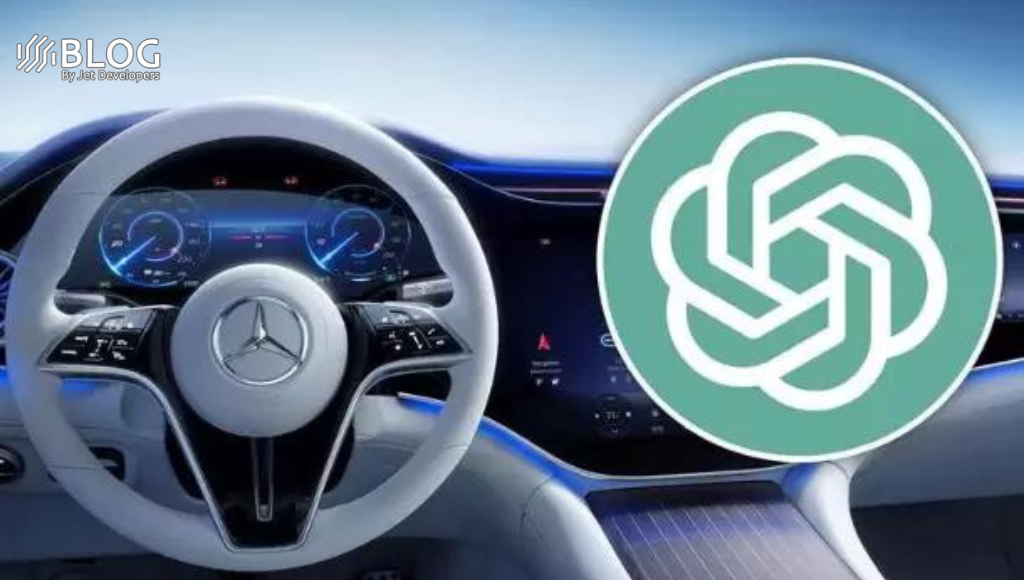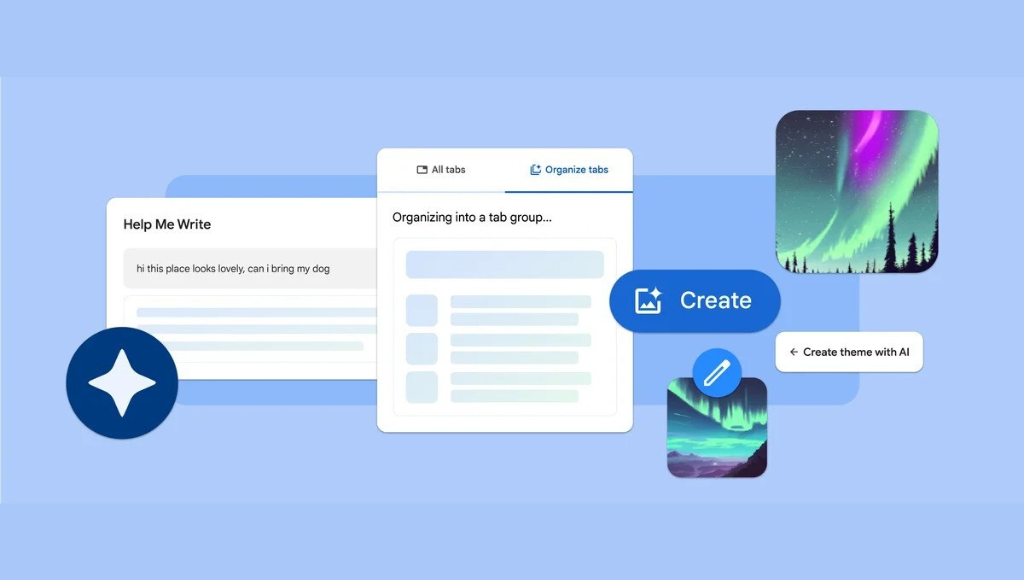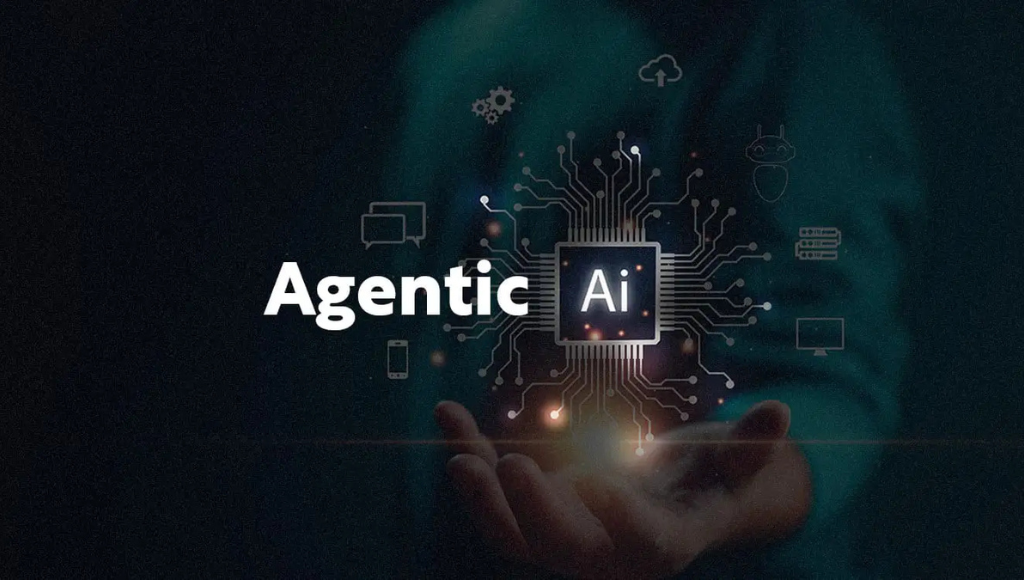Mercedes-Benz has announced a three-month test program in the United States, allowing drivers to utilize ChatGPT, an advanced chatbot developed by OpenAI, to control select features in their luxury vehicles. Approximately 900,000 vehicles equipped with Mercedes’ “MBUX” systems will participate in the program. By opting in through a Mercedes app or using voice commands, drivers can download ChatGPT over the air and experience its capabilities firsthand. The test aims to understand driver interactions and explore the potential benefits of integrating ChatGPT into the car’s system.
Enhancing User Experience with Natural Language Mercedes anticipates that ChatGPT will improve the user experience by providing more natural-sounding responses from the car’s system. With ChatGPT integration, drivers will be able to request destination information, address queries, and even seek meal recommendations. This builds upon Mercedes’ prior efforts to enable voice commands for various functions like activating seat heaters.
Microsoft’s Crucial Role Microsoft plays a significant role in the partnership between Mercedes and OpenAI’s ChatGPT, providing the cloud infrastructure to support the chatbot’s advanced functionality. While Amazon.com has been actively integrating its voice assistant, Alexa, into cars, Microsoft’s investment in ChatGPT presents a competitive response. Through ongoing integrations called plug-ins, Microsoft envisions a future where drivers can perform tasks like making restaurant reservations and booking movie tickets while on the move.
Unlocking the Potential of Voice-Enabled AI in Cars Mercedes’ test program aims to gather insights into driver usage patterns and preferences when interacting with ChatGPT. The findings will shape the automaker’s plans to expand the availability of voice-enabled artificial intelligence (AI) to other countries and languages. Mercedes prioritizes user privacy and data protection, ensuring that voice data is stored, anonymized, and analyzed in the company’s cloud.
General Motors’ Collaboration with Microsoft In a similar vein, General Motors (GM) announced its collaboration with Microsoft in March, exploring potential applications of ChatGPT in vehicles. This collaboration reflects automakers’ increasing interest in leveraging advanced AI technologies to enhance the in-car experience for customers. By harnessing the power of conversational AI, automakers aim to create seamless interactions and provide drivers with enhanced convenience and functionality.
The Future of Voice Control in Cars As voice assistants gain popularity in homes and mobile devices, their integration into vehicles is a natural progression. Voice control enables drivers to interact with their vehicles hands-free, enhancing safety and reducing distractions. Furthermore, integrating voice assistants with other smart devices and services opens up new possibilities for drivers on the go.
While the current test program focuses on Mercedes vehicles in the United States, successful ChatGPT integration could pave the way for broader adoption in various markets. As automakers continue exploring the potential of conversational AI, the integration of advanced chatbots like ChatGPT may become a standard feature in future vehicle models. Mercedes-Benz aims to revolutionize the in-car experience by leveraging the growing interest in conversational AI and enhancing the control and convenience for drivers worldwide.






